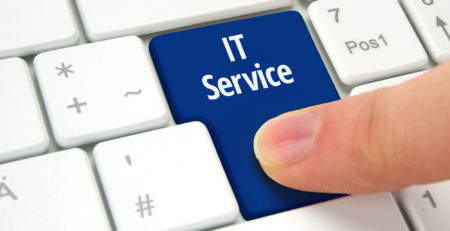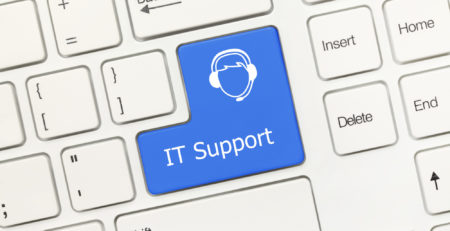Network Security Measures for Remote Work
With employees accessing company resources from various locations, implementing robust network security measures is crucial. Here are some essential steps to safeguard your business’s network integrity in the era of remote work as well as some pitfalls to watch out for. Regardless, we recommend implementing all of these.
1. Virtual Private Network (VPN) Implementation
Pros:
- Secure Data Transmission: VPNs encrypt data transmitted between remote devices and the company network, ensuring that sensitive information remains secure during transmission.
- Access Control: VPNs provide a secure tunnel for remote workers to access internal resources. This controlled access helps prevent unauthorized entry and protects against potential cyber threats.
Cons:
- Resource Intensive: Implementing and maintaining a VPN infrastructure can be resource-intensive, requiring dedicated hardware and software solutions.
- User Training: Employees need to be trained on using VPNs correctly to ensure secure connections. This includes understanding login procedures and recognizing potential security issues.
2. Multi-Factor Authentication (MFA)
Pros:
- Enhanced Security: MFA adds an extra layer of protection by requiring users to provide multiple forms of identification before accessing company resources. This significantly reduces the risk of unauthorized access.
- Adaptability: MFA is adaptable to various authentication methods, including codes sent via SMS, mobile app authenticators, or biometric verification, providing flexibility based on the organization’s security needs.
Cons:
- User Experience: Some employees may find the additional steps of MFA slightly inconvenient. However, the security benefits often outweigh the minimal inconvenience.
- Implementation Costs: While MFA solutions can vary in cost, there may be initial implementation costs and ongoing expenses associated with maintaining the system.
3. Endpoint Security Solutions
Pros:
- Comprehensive Protection: Endpoint security solutions, including antivirus and anti-malware software, provide comprehensive protection against a range of cyber threats, ensuring that devices used for remote work are secure.
- Real-time Threat Detection: Many modern endpoint security solutions offer real-time threat detection, enabling immediate response to potential security incidents.
Cons:
- Resource Usage: Endpoint security solutions can consume system resources, potentially affecting device performance. It’s essential to choose solutions that balance security with performance.
- Regular Updates and Maintenance: Keeping endpoint security software updated requires regular maintenance, and ensuring all remote devices are consistently updated can be a challenge.
4. Employee Training on Cybersecurity Best Practices
Pros:
- Human Firewall: Well-informed employees act as a human firewall, recognizing and mitigating potential security threats before they escalate.
- Reduced Human Error: Training helps reduce the likelihood of common security vulnerabilities caused by human error, such as falling victim to phishing attacks.
Cons:
- Time Investment: Providing ongoing cybersecurity training requires a time investment. However, the benefits in terms of improved security posture often outweigh the time spent.
- Varied Learning Paces: Employees may have different learning paces and preferences. Offering training in various formats, such as online modules, webinars, and written materials, can address this diversity.
5. Regular Network Audits and Monitoring
Pros:
- Identifying Vulnerabilities: Regular network audits and monitoring help identify vulnerabilities and potential security gaps in the remote work infrastructure.
- Timely Response: Continuous monitoring enables the IT team to respond promptly to any unusual network activity, minimizing the impact of security incidents.
Cons:
- Resource Intensive: Conducting regular network audits and monitoring requires dedicated resources. This can include both human resources and specialized tools.
- Potential False Positives: Monitoring systems may generate false positives, indicating potential threats that turn out to be harmless. It’s crucial to have a system in place to validate alerts.
Securing the network for a remote workforce is an ongoing process that requires a combination of technological solutions, employee training, and proactive measures. Investing in robust network security measures ensures that your remote workforce operates in a secure digital environment. By implementing VPNs, MFA, endpoint security solutions, providing employee training, and conducting regular network audits, you fortify the virtual frontiers, safeguarding your business against evolving cybersecurity threats in the age of remote work.










Leave a Reply